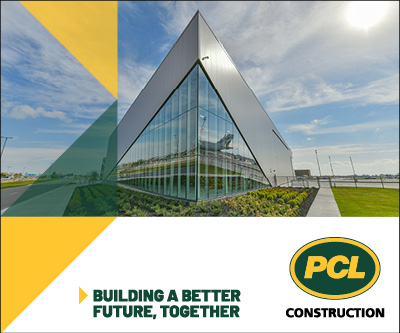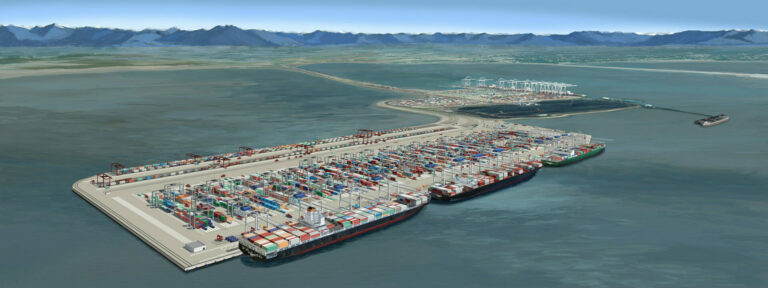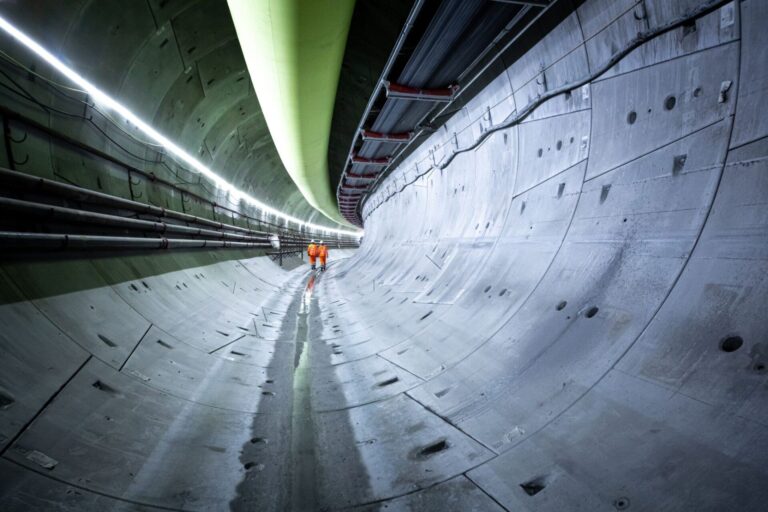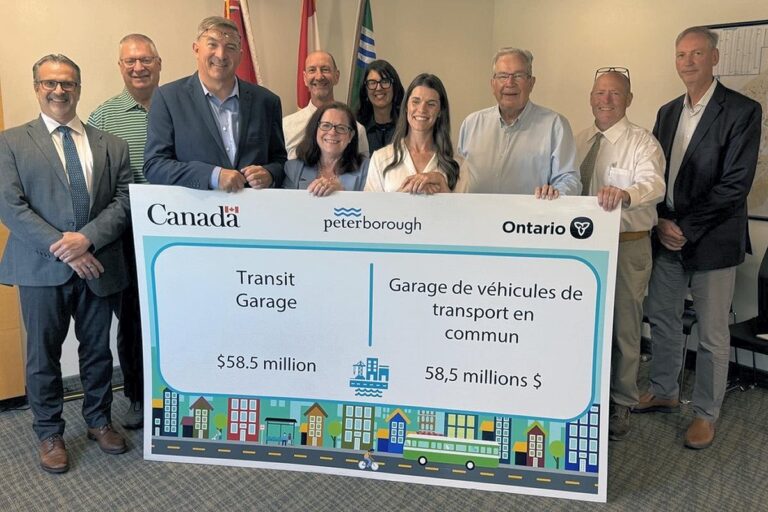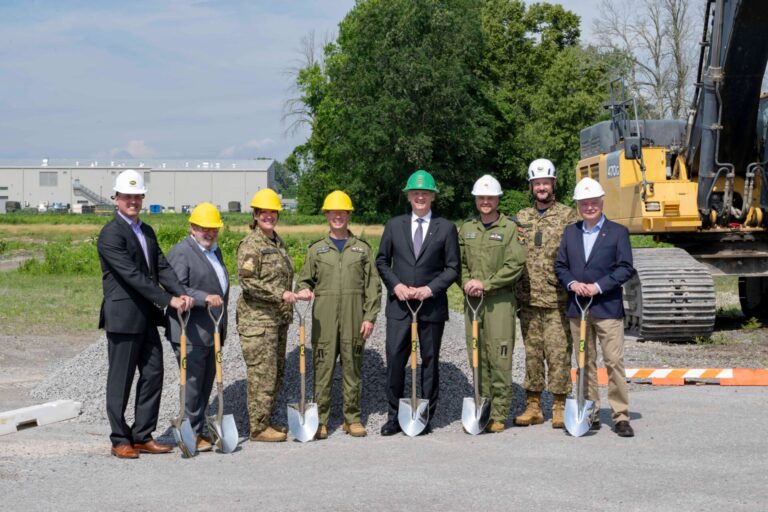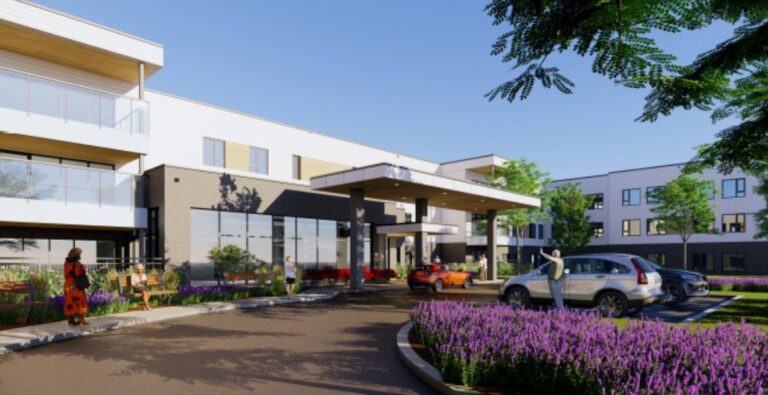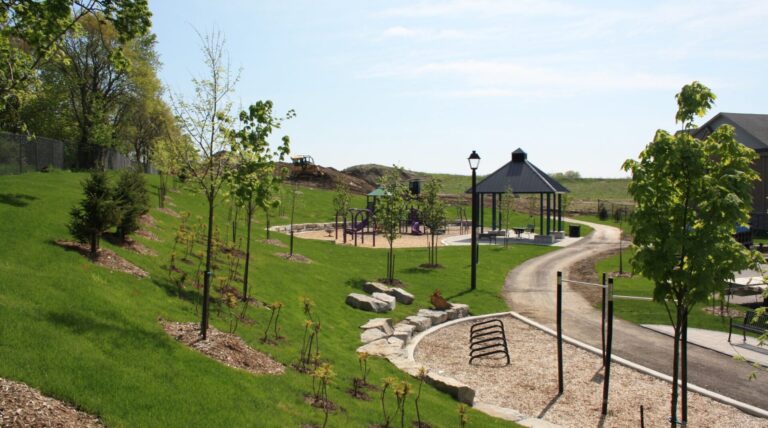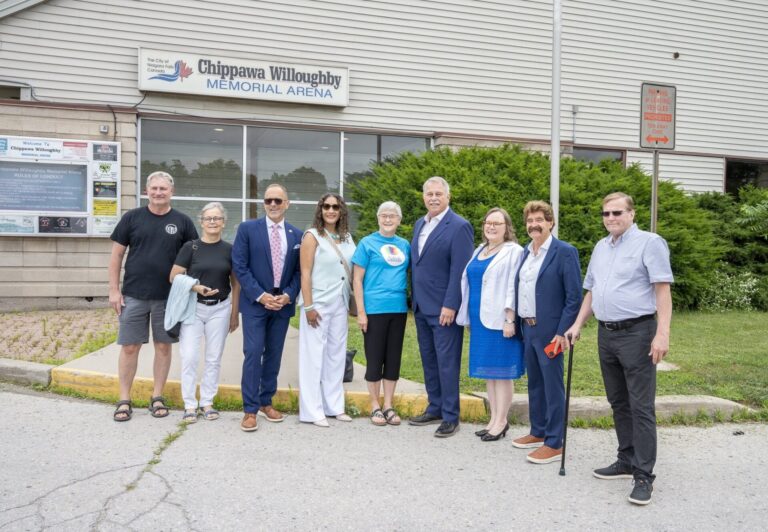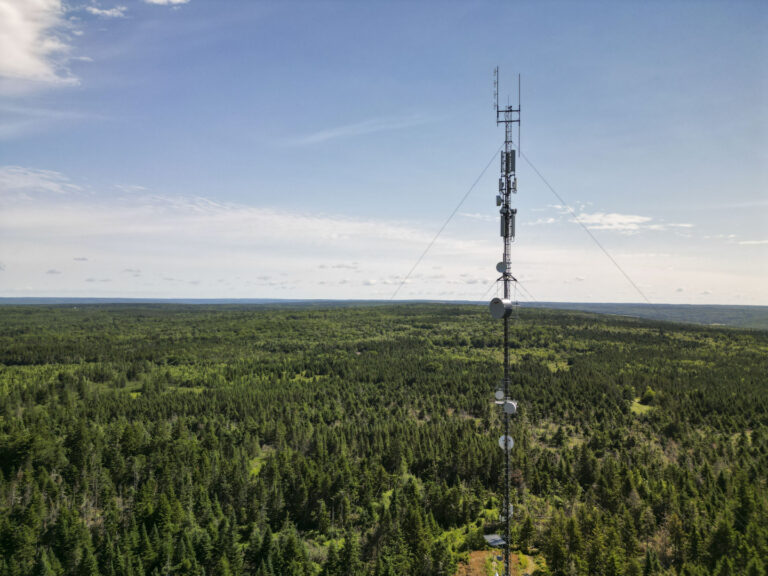With so many incumbent mayors choosing not to run, the British Columbia municipal election was bound to bring some new faces to leadership positions throughout the province.
Nowhere was this more the case than in the Greater Vancouver Area, where ten mayors chose not to run for re-election: Vancouver Mayor Gregor Robertson, Delta Mayor Lois Jackson, Langley Mayor Ted Schaffer, Maple Ridge Mayor Nicole Read, North Vancouver District Mayor Richard Walton, North Vancouver Mayor Darrell Mussatto, Port Coquitlam Mayor Greg Moore, Surrey Mayor Linda Hepner, West Vancouver Michael Smith, and White Rock Mayor Wayne Baldwin.
Where infrastructure took centre stage
Infrastructure wasn’t a dominant issue in every region of the province but certainly in the Greater Vancouver Area, where a handful of significant projects were debated throughout the campaign.
In both Delta and Richmond, the issue of how to solve congestion issues surrounding the aging George Massey Tunnel. In September of 2017, the provincial government announced the cancellation of the Massey Tunnel Replacement Project, which would have seen a 10-lane bridge replace the tunnel at a cost of $3.5-billion. At the time, Richmond Mayor Malcolm Brodie applauded the move, and he continues to support investigating the twinning of the tunnel as the solution rather than the bridge (Brodie was re-elected). Conversely, Delta Mayor Lois Jackson was in support of the bridge, and expressed her disappointment when the project was cancelled. Newly-elected mayor George Harvie was quoted in a Global News article earlier in the campaign as saying that one of his top priorities “[…] will be getting to the table with the federal and provincial governments and a newly-elected Mayor’s Council to push for the shovel-ready bridge.”
In Surrey, the future of the light rail transit system became a wedge issue due to Doug McCallum, the former mayor from 1996-2005 who was again seeking the top chair. McCallum told the voters that, if he was elected, he would work to scrap the current plan for the light rail transit system and replace it with an extension of Vancouver’s SkyTrain system. McCallum said that the SkyTrain wouldn’t cost much more, but did not offer any concrete numbers.
McCallum ultimately captured the mayor’s chair, considered by some as an upset, which will now put the future of the current iteration of $1.65-billion Surrey LRT in jeopardy.
In Vancouver, infrastructure took a back seat to housing, which dominated the campaign from start to finish. However, a few infrastructure issues did creep into the debate.
Former MP Burnaby South and mayoral candidate Kennedy Stewart suggested that he would like to see rail transit extended west from Arbutus Street to the University of British Columbia’s Point Grey campus. The Millenium Line is to be extended to Arbutus by 2025, but under the current Mayors’ Council 10-year vision, an extension to UBC is to undergo preliminary planning. With Stewart elected as the new mayor, a shift in transit priorities for the city could be seen during his first term in office.
The new mayors
Here is a look at some of the new mayors taking over communities in British Columbia:
- Linda Buchanan was elected in the City of North Vancouver, replacing four-term mayor Darrell Mussatto. Buchanan had previously served two terms as a councillor.
- Three-time councillor Brad West has become the mayor of Port Coquitlam. West had been endorsed by outgoing mayor Greg Moore.
- Mike Little has been elected as the mayor of the District of North Vancouver. Little was a former three-term councillor who had left municipal politics to run, unsuccessfully, for the Conservative Party in the 2015 federal election. Transportation had been an issue during the campaign, and Little is pushing for express bus service to get workers to the north shore so that the planned extension of the B line 10-15 years from now will see the ridership necessary to make it a sensible proposition.
- Pitt Meadows incumbent mayor John Becker was defeated by councillor Bill Dingwall.
- As previously mentioned. Doug McCallum was again elected as mayor of Surrey. Tom Gill was running under the Surrey First banner, the party that was affiliated with former mayor Linda Hepner.
- Daryl Walker was elected as mayor of White Rock. Wayne Baldwin did not seek re-election.
- Gord Milsom is the new mayor of West Kelowna. Doug Findlater did not seek re-election as mayor, but did secure a seat on council.
- 28-year-old Rob Vagramov is the new mayor of Port Moody. He defeated two-term mayor Mike Clay.
- Mike Hurley upset incumbent Derek Corrigan to become mayor of Burnaby. The former firefighter does not have previous experience on council. Corrigan had served on council since 1987.
- John Vassilaki defeated incumbent mayor Andrew Jakubeit in Penticton.
- Ken Christian was re-elected as the mayor of Kamloops.
- The new mayor of Delta is George Harvie, taking over from Lois Jackson who decided not to seek re-election.
- Mike Morden is the new mayor of Maple Ridge, taking over Nicole Reid who chose not to run.
- Lisa Helps has been re-elected as mayor of Victoria.
- Malcolm Brodie was re-elected as mayor of Richmond.
- Colin Basran has again won the mayor’s chair in Kelowna.
- In Langley, Val van den Broek defeated Peter Fassenbender, who was a former Minister of Education in the Christy Clark government.
- And as mentioned earlier, Kennedy Stewart became the new mayor of Vancouver, defeating Ken Sim by less than 1,000 votes. Stewart succeeds Gregor Robertson, who decided not to run for re-election after three terms in office.
One big question
With Derek Corrigan defeated, their will be a new chair of the Mayors’ Council. The person who takes the reigns of the Council will have to deal with several new faces around the table, and will have to address Doug McCallum’s desire to change the transit plans for his community.
There is a great deal of change in municipal leadership in British Columbia, but there will be no shortage of infrastructure work to be done throughout the province based on the promises made during the campaign.


